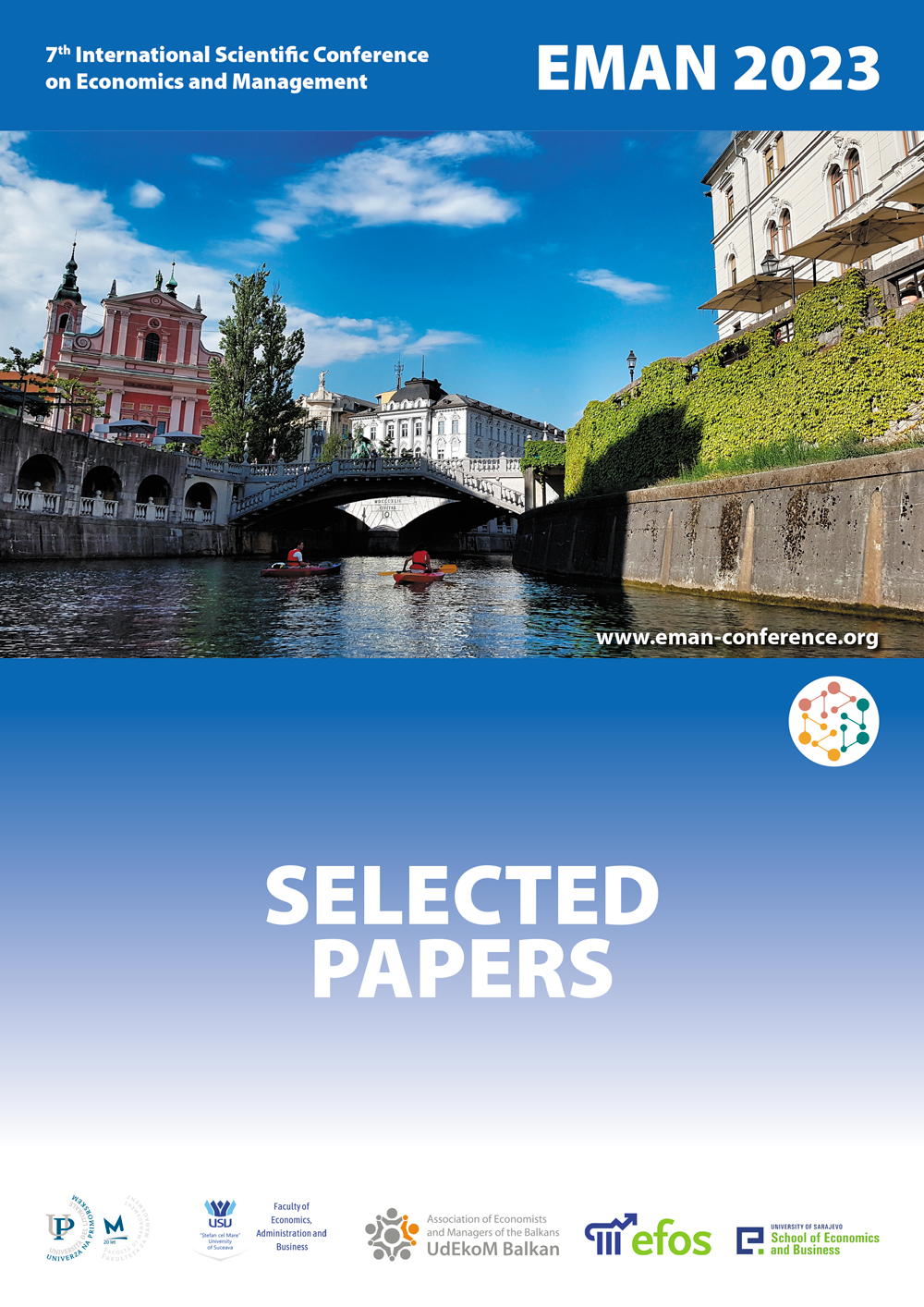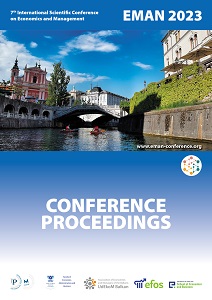
The Importance of Human Capital as a Strategic Management Factor in the Banking Sector of the Republic of Serbia
Resources that are rare, valuable, difficult to imitate and substitute are a key factor of competitive advantage. Human capital, which includes unique knowledge, skills, abilities and employee experiences, is one of the most important resources of modern organizations and a key constituent of intellectual capital. Because the competition in the banking sector of the Republic of Serbia is increasingly pronounced, as evidenced by the trend of frequent mergers and acquisitions of banks, it is clear that human capital is of particular importance, due to the fact that the performance of banking operations requires unique knowledge and competencies, as well as agility and willingness of employees to continuously learn and develop. Banks treat investment in human capital as a strategic process that can provide long-term benefits and sustainable competitive advantage, especially when it comes to financial performance. Therefore, creating a competitive advantage for banks requires a strategic approach to human resource management, which will enable the development, improvement and use of human capital. Taking into account the above, the main goal of this paper is to examine the importance of human capital, as a strategic factor, for bank performances in the Republic of Serbia.
More...
